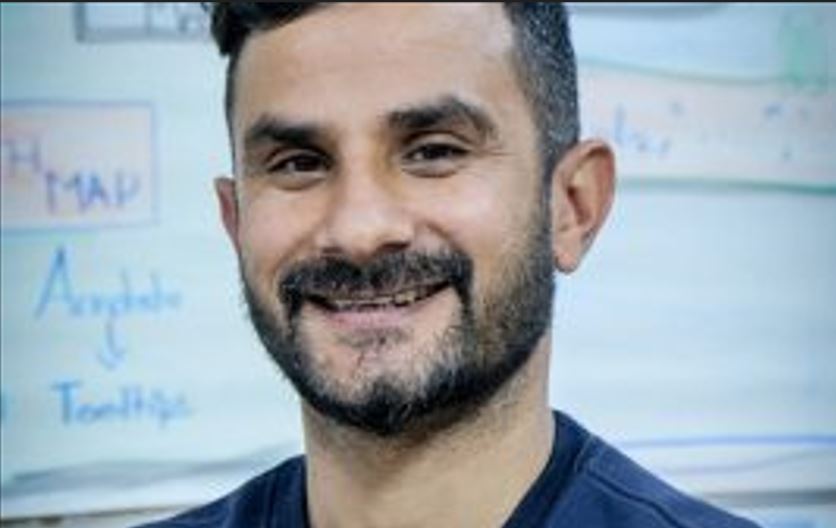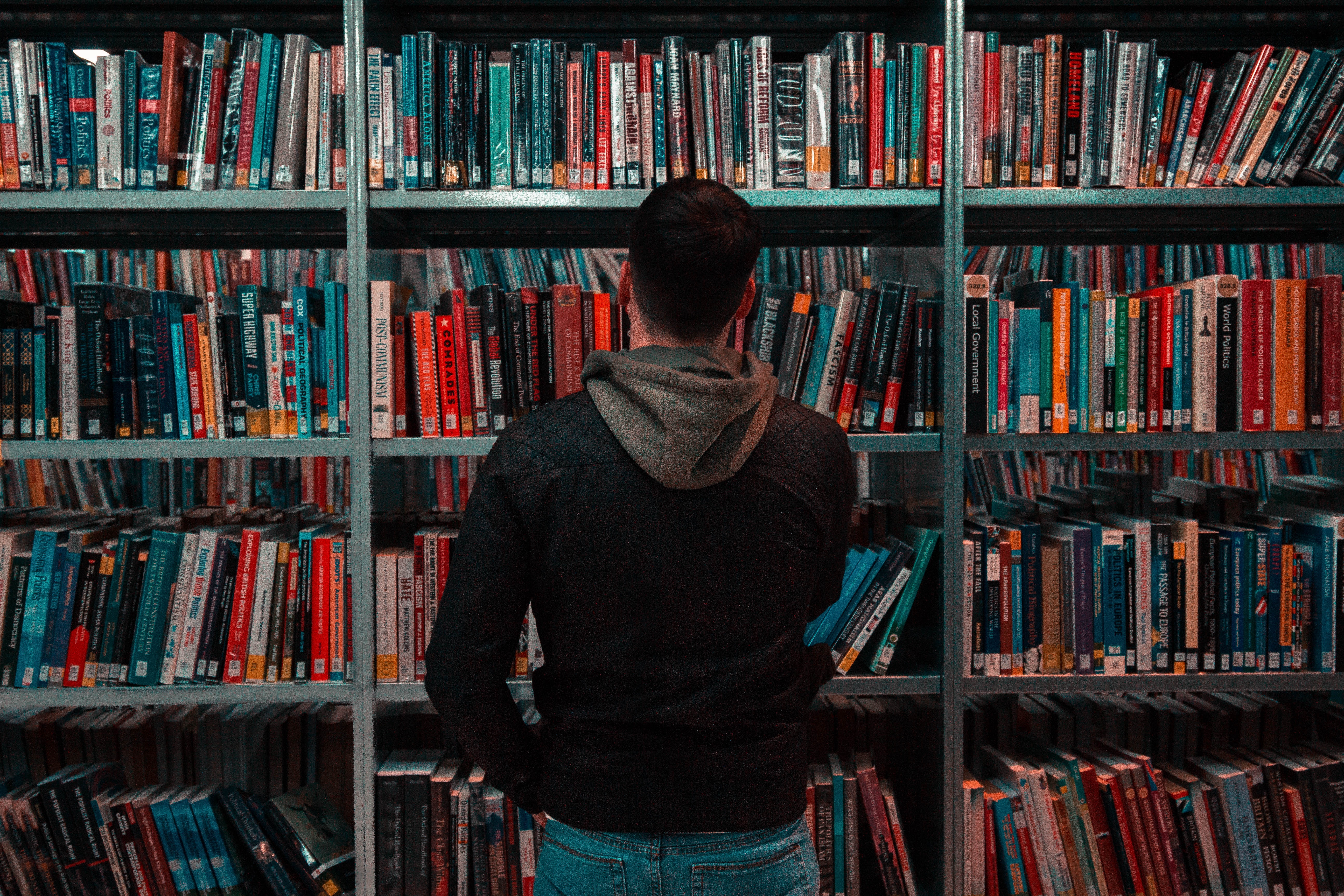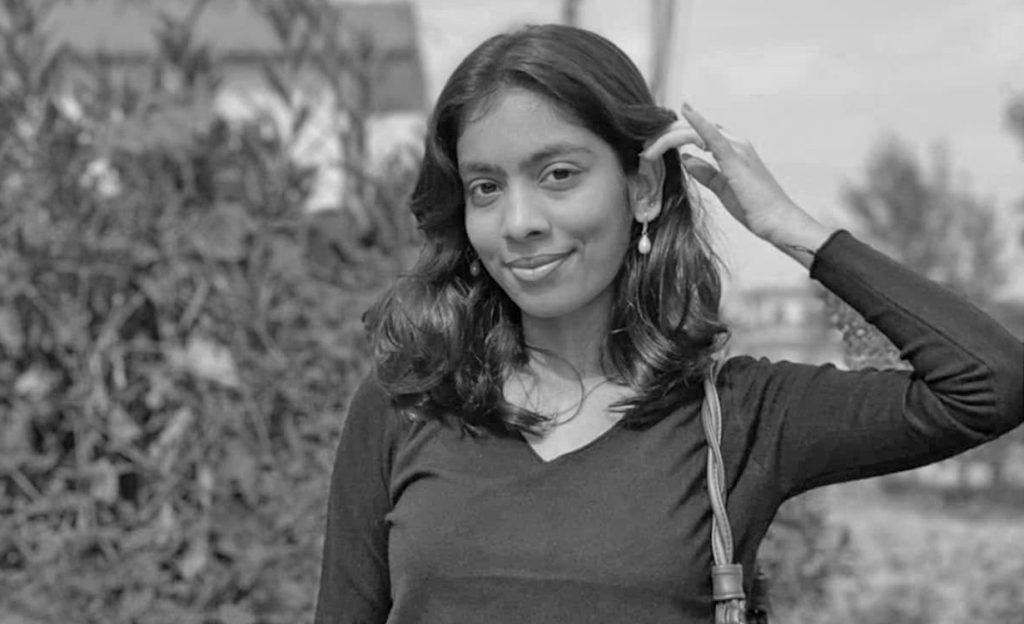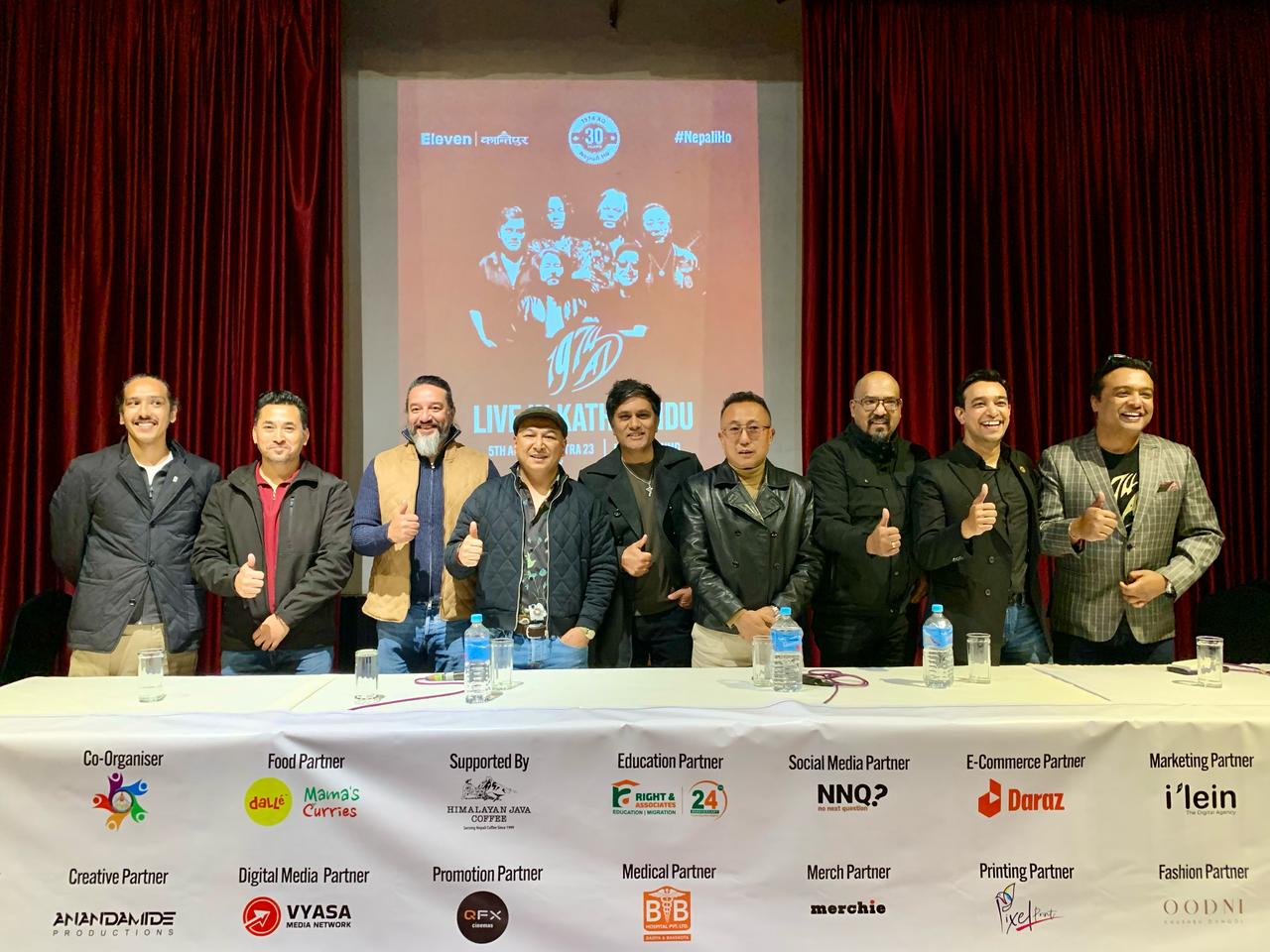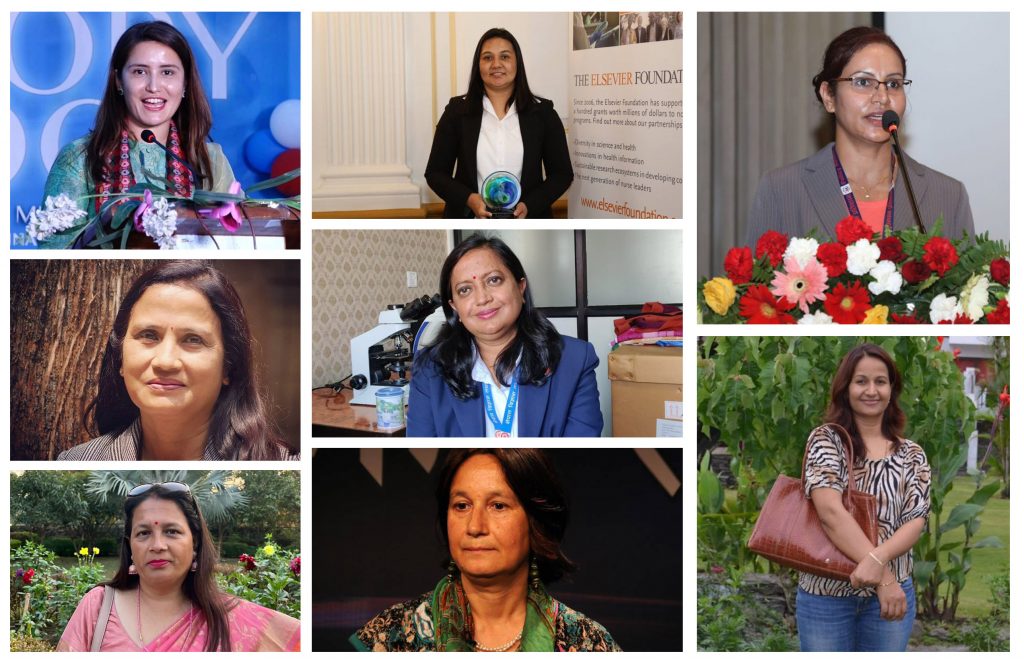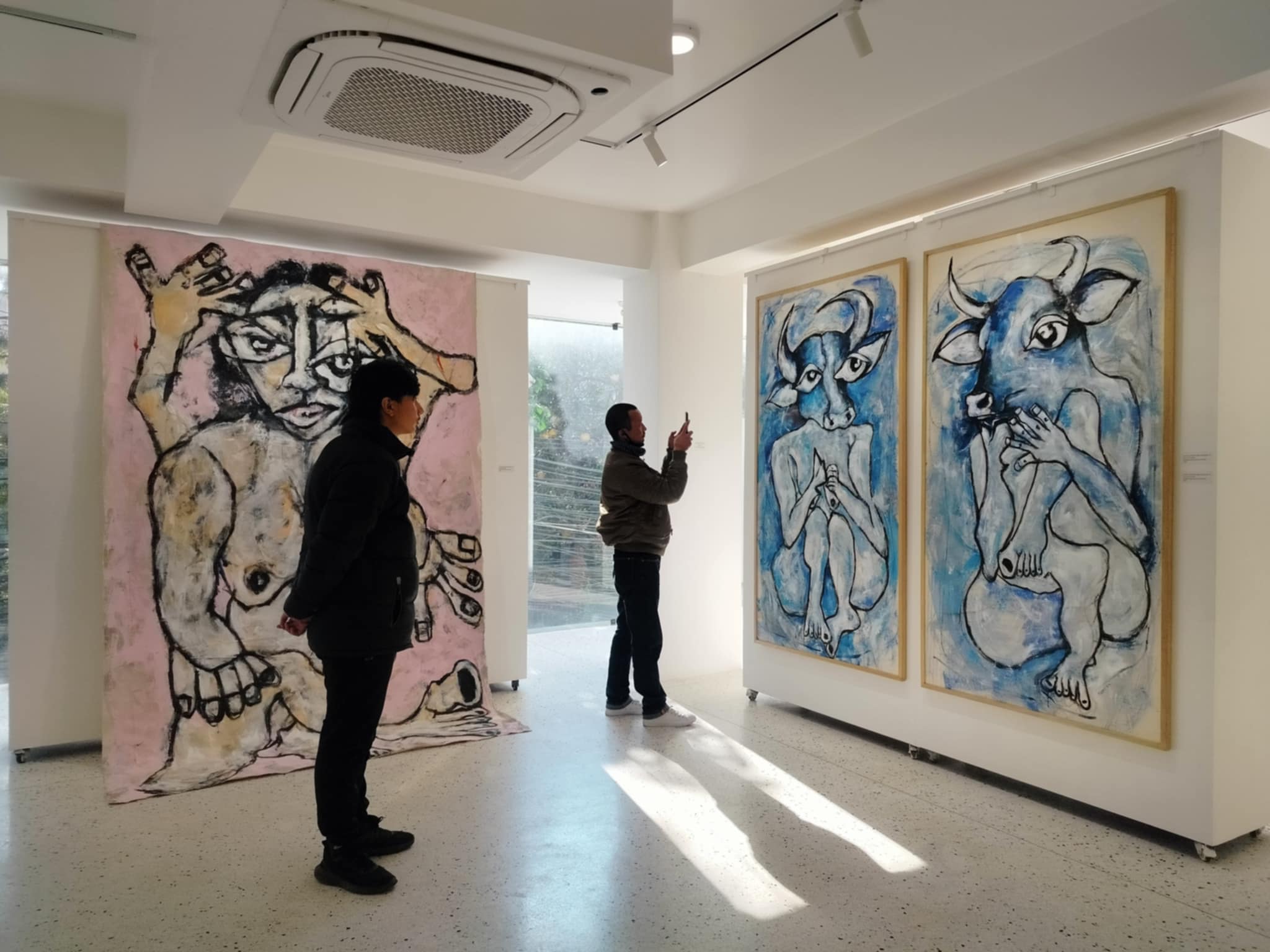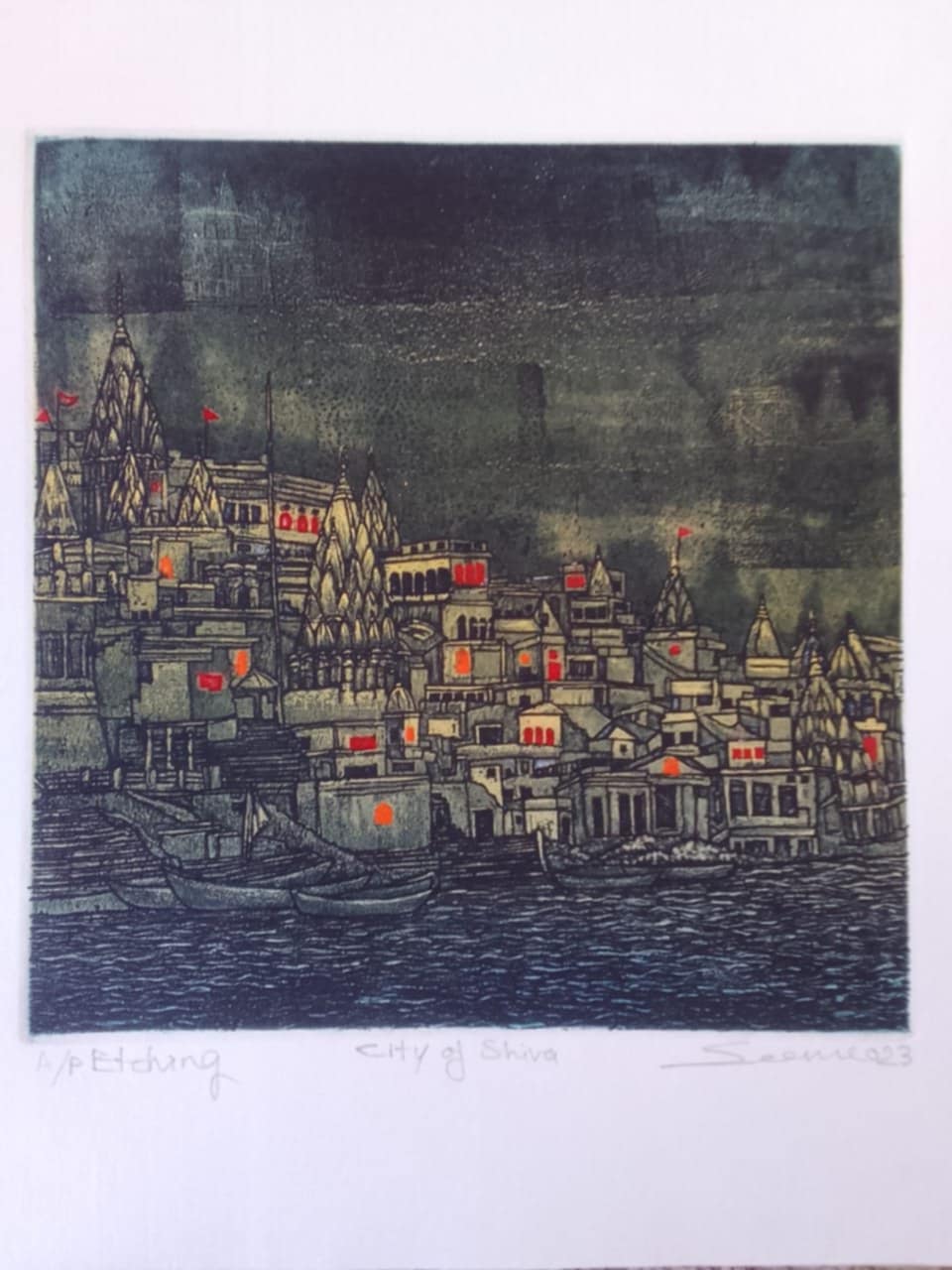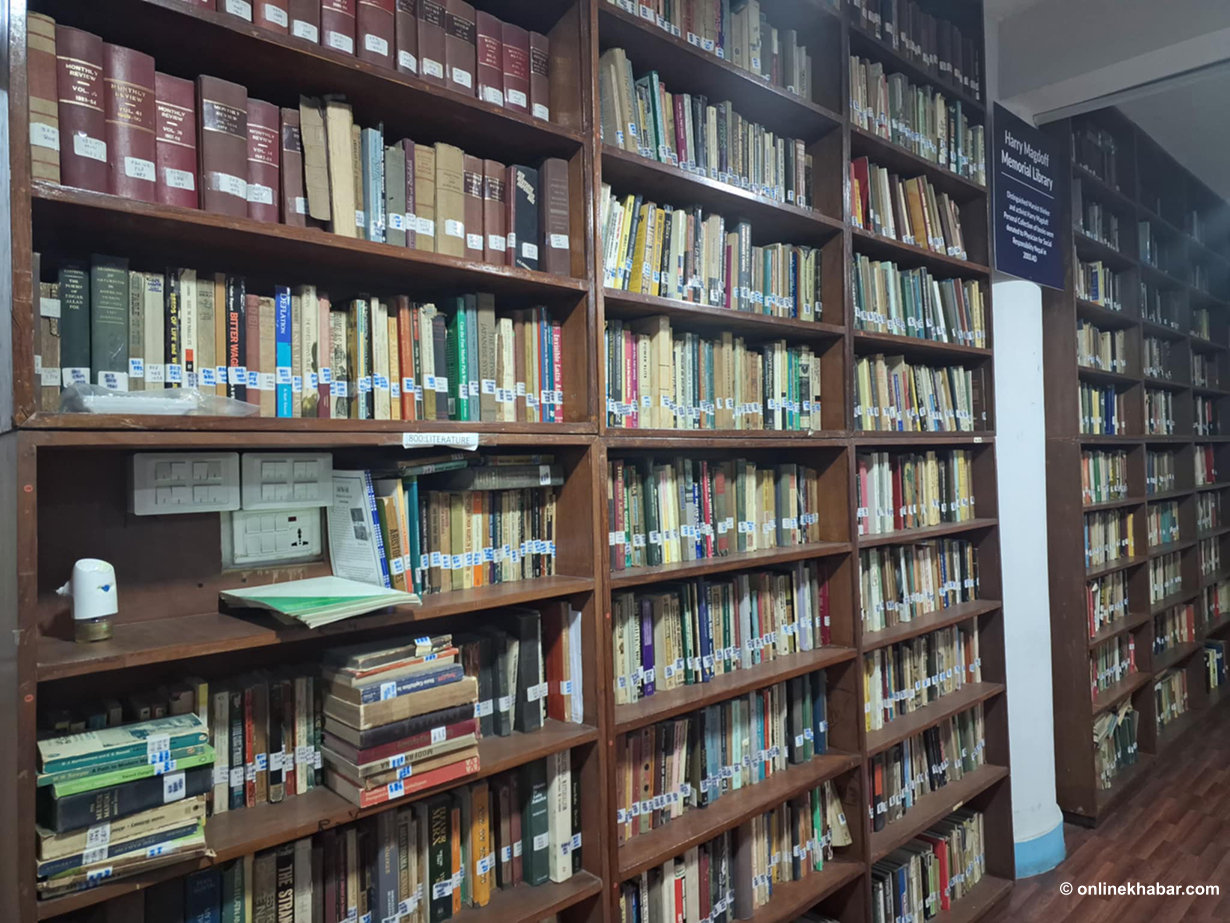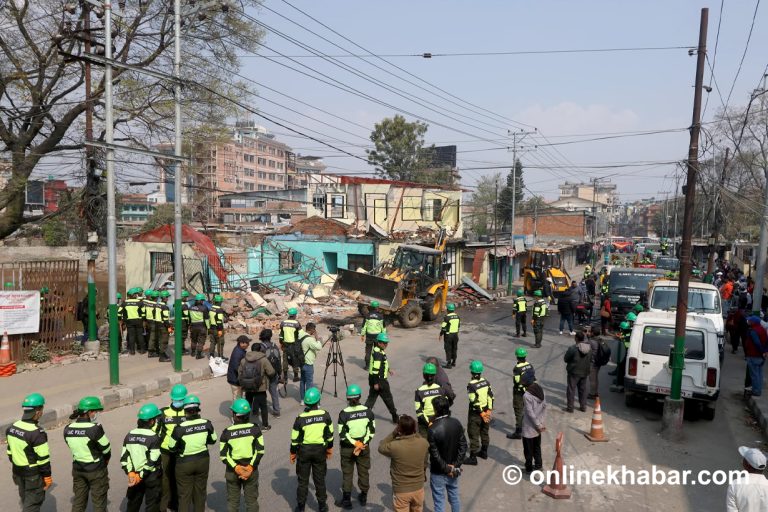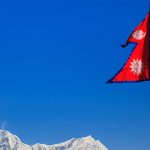
In the basement of Helping Hands Hospital, there is a meeting room. Its left and right sides are lined with stacks of large books, some with torn covers. These are rare books about Karl Marx, Lenin, Stalin, and others. They sit like prisoners, yearning for readers to set them free.
The place is known as Harry Magdoff Memorial Library.
Pushkar Gautam visits this library occasionally. In the second week of February, he also took us there.
“This library is not open to everyone,” says Gautam, opening the door. “There are rare books in this library that you cannot even find in the market.”
Inside the library

Gautam began showing each book one by one. Why did war break out in the world? What did Marx want to do? What was the role of Stalin? How did the CIA plan to kill Castro? How did Mao Zedong come to power? All the answers to these questions can be found in these books.
Moreover, the collection also covers the rise and fall of leaders. “These books are expensive; they cost over 10 million.”
These books were sent by Harry Magdoff from the USA during the insurgency in Nepal. Magdoff shipped around 18,000 books, with Dr Mahesh Maskey facilitating the process.
“The library has a long history. Please reach out to Mahesh Maskey,” says Gautam.
Afterwards, Onlinekhabar contacted Maskey, who shared the library’s history. In 1999, Maskey was in the USA pursuing his education. During that time, he met anthropologist Mary Deschene, who had strong ties to Nepal.
From the USA to Nepal

Deschene asked Maskey if he was interested in attending a program at Columbia University, where American intellectual William Hinton would be speaking. At that event, Maskey learned about the book collection of Harry Magdoff, editor of Monthly Review magazine.
He also learned about Magdoff’s wish to send the books to a country where communists existed. Deschene explored the possibility of sending the books to Nepal.
After the programme, Maskey and Deschene met John Maze, another editor of Monthly Review. “Then the plan to send the books to Nepal started there,” says Maskey.
Nepal was experiencing a civil war, and the CPN UML was active. Given the strong presence of leftist ideologies in Nepal, the Monthly Review newspaper believed it would be beneficial to send the books there.
In 2001, Maskey returned to Nepal. However, he couldn’t immediately bring the books.
“Back then it was risky to bring communist books to Nepal,” Maskey recalls the situation.
The hassles

Also, shortly after he came to Nepal, the then King Gyanendra Shah imposed a state of emergency.
On one hand, the CPN Maoists were fighting for democracy. On the other hand, there were the parliamentary parties. A discussion began on whether a middle ground could be reached in the Constituent Assembly by forming an intellectual group to identify common points. Maskey was also part of this group.
When the leftists in India learned that they were seeking a middle ground for the peace process, the team, including Maskey, was invited to India. Shyam Shrestha, Pramod Kafle, and Maskey were on their way to India.
However, they were arrested at the airport by an army officer in civilian clothes. As a result, they could not proceed to India.
They were blindfolded and taken to Swayambhu. Later, their hands were also tied.
“It was a very terrible situation. After being held hostage for 11 days, we were released,” says Maskey.
The then Prime Minister Sher Bahadur Deuba was also about to visit India. Madhav Kumar Nepal came to meet them.
“He came to visit 8–9 days after we were arrested. He promised to take the initiative to release us,” Maskey recalls. “After that, Nepal informed the House of Representatives that we were safe. However, he did not reveal the house where we were kept due to fear of the army.”
They were released three days after meeting with Nepal. During this time, concerns about bringing the books from the USA were raised. After some time, the process of transporting the books moved forward. There was a discussion about bringing the books to Nepal via India by ship.
The books that arrived in India from America got stuck in Kolkata for some time. They were then transported to Raxaul. However, another crisis arose: how to bring them to Nepal through the Birgunj border.
Dr Sharad Onta joined Maskey in the process of bringing the books from the border. Since both Onta and Maskey are doctors, Onta asked the Secretary of the Ministry of Health for help in transporting the books.
Then both of them met Ritu Raj Bhandari, the then Under Secretary of the Ministry of Labour.
Bhandari was a close friend, so we asked him to write a letter requesting the transportation of the books, stating that they were related to health. He took a risk, wrote the letter, and the books finally arrived in Nepal.
The leftist books were in English. The books arrived in 2003.
“Onta and I worked hard to bring those books, ” says Maskey.

The books arrived in Nepal but there was still a state of emergency in the country. Finding the space to place the book was another problem.
“Back then such books would be burned. My house was under construction. There we made a store room and placed books,” says Maskey.
Later, the book was kept under the protection of a Physician for Social Responsibility Nepal (PSRN), an organisation of doctors.
The book was kept as a doctor’s book. Dr Bharat Pradhan helped to hide the books. Similarly, Dr Mathura Shrestha also equally helped to protect the books.
The library, where all these books were kept was earlier in Bagbazar. After it became difficult to pay rent in the Bag Bazaar, the library was shifted to the Helping Hands Hospital.
Although the library is in the hall of the hospital, the Physicians for Social Responsibility Nepal (PSRN) are taking care of the library.
Dr Ganesh Gurung, President of PRSN says that if anyone is willing to provide the space for the library they are happy to collaborate.
The library planned to make all the books available in PDF format, but due to financial constraints, they have not been able to do so,” says Gurung.
“It is a library with immense research potential for studying political economy, sociology, and history,” says Maskey. “However, despite having a left-wing government in power, it seems unlikely that the library will receive the attention it deserves.”


